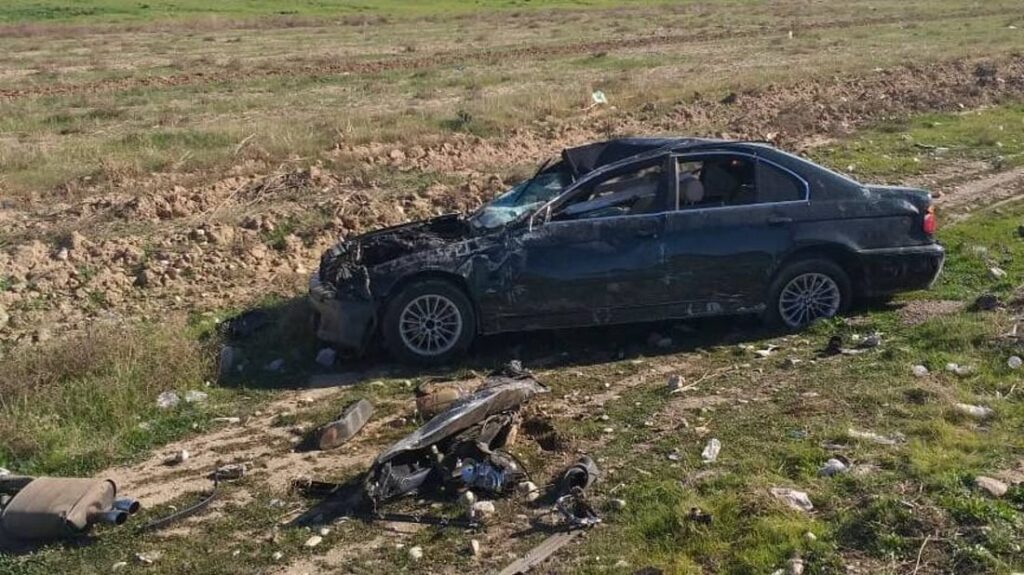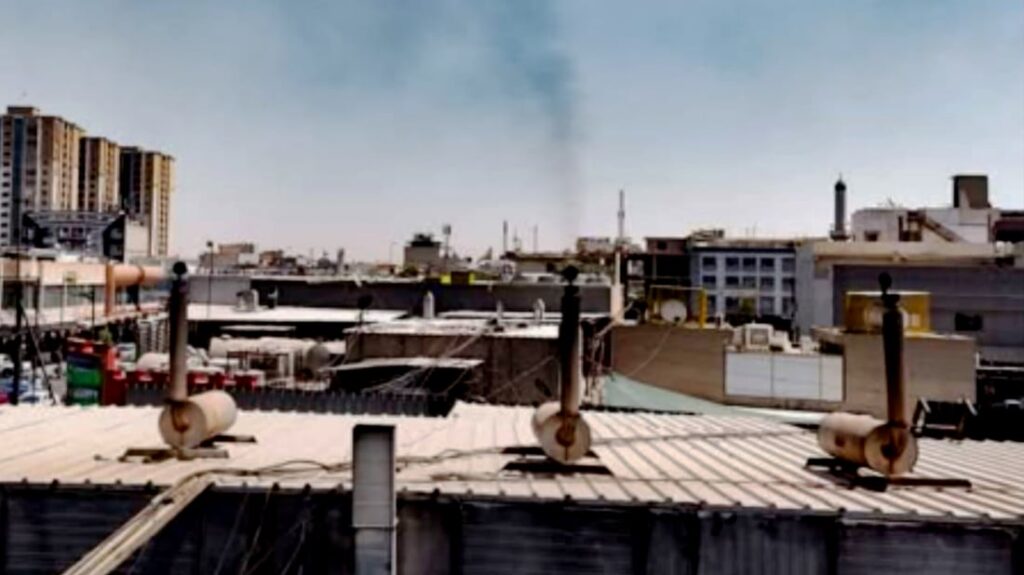Syrian commander on Israeli frontline says invasion will go no further

Qatana has seen Israeli-Syrian conflicts come and go.
The town in the Damascus countryside has been an important staging post for Syrian troops in the wars of 1967 and 1973, and today finds itself just 8km from invading Israeli troops.
As soon as Bashar al-Assad fled Syria last week to escape a shock rebel advance, Israeli troops began moving themselves.
First, they took the UN-operated buffer zone in the occupied Golan Heights, seizing more of the Syrian plateau it has occupied for half a century.
Then they spread out into Syria’s adjacent Quneitra province, before marching northeast towards Damascus, pausing outside Qatana, 25km from the capital.
Abdallah Sheikh, the rebel commander now overseeing the town, says the Israelis will go no further.
“We refuse to let anyone enter Syria,” he tells Middle East Eye from his new office in the town’s municipality building.
Israel’s invasion has forced Syrians in the areas outside Qatana to flee to the town. Sheikh says it has left people here unnerved.
“Israel wanted to enter the area to maintain chaos,” he says. “It probably wants Syria to remain weak.”
But Syria’s rebels have other priorities right now. “We are working on rebuilding Syria,” Sheikh says.
No excuse for Israel to stay
Qatana’s streets are a little quieter than normal. Residents say people are wary with the Israelis next door.
Abdel-Malik Abdullah, 18, thinks the town will be left untouched. “The rebels aren’t doing anything because Syria cannot afford another war,” he says.
Nearby, Ahmed Weyda sells fruit from a cart. The 60-year-old remembers Syria’s war with Israel in 1973, pointing at places the Israelis bombed at the time.
“If Israel wanted to be here, they would be by now,” he says.
Every day, Israeli warplanes bomb sites across Syria. From ships in Latakia to jets in Damascus, Syrian military gear now in rebel hands has been incinerated. There have been more than 600 raids in a week.
One Syria expert said it was “now a de facto demilitarised country”.






